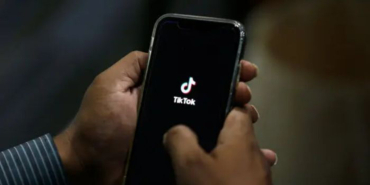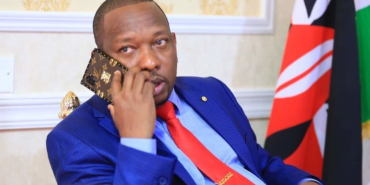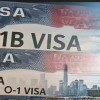Kenyan Court Blocks Witchdoctor’s Supreme Court Bid Over Seized Millions

The Court of Appeal has rejected Stephen Vicker Mangira's application to escalate his asset forfeiture case to the Supreme Court, effectively ending his years-long battle to reclaim millions in seized assets.
Mangira, who identifies as a traditional healer, faced the forfeiture of Sh18.5 million in cash, eight vehicles, and Sh2.6 million held in a bank account, all seized by the Assets Recovery Agency (ARA) in 2017 on suspicion of money laundering and organised criminal activities. Justices Agnes Murgor, Dr. Imaana Laibuta, and Grace Ngenye-Macharia formed the three-judge bench that unanimously denied Mangira’s petition. They ruled that the case was a private matter over seized property, not warranting the Supreme Court’s attention.
"We find nothing to demonstrate that the applicants’ case raises matters of general public importance or interest,” the court stated.
The ARA opposed Mangira's request, arguing that his appeal lacked novel legal grounds and primarily served his personal interests. Mangira's legal troubles began in 2017 when authorities arrested him and several associates in Mombasa. Initially, they were charged with drug trafficking, specifically the possession of heroin valued at Sh1.62 million. However, the case collapsed four years later due to insufficient evidence.
During the proceedings, Mangira offered multiple explanations for the source of the contested funds. Initially, he claimed the money came from a land sale in Kericho. He later asserted that an Indian client paid him Sh50 million for witchdoctor services. High Court Judge Njoki Mwangi noted these inconsistencies undermined his credibility.
"This Court cannot overlook the fact that at the outset, when questioned by the police, the respondent stated that he had sold land...Later, he shifted his explanation to earnings from witchdoctor services," she observed.
The ARA argued Mangira’s activities suggested involvement in organised crime. They cited his frequent trips to Tanzania and questioned his alleged business transactions' legitimacy. Mangira’s explanation that he intended to use some funds to buy an apartment and two hearses failed to sway authorities, as he could not identify the properties.








Add new comment